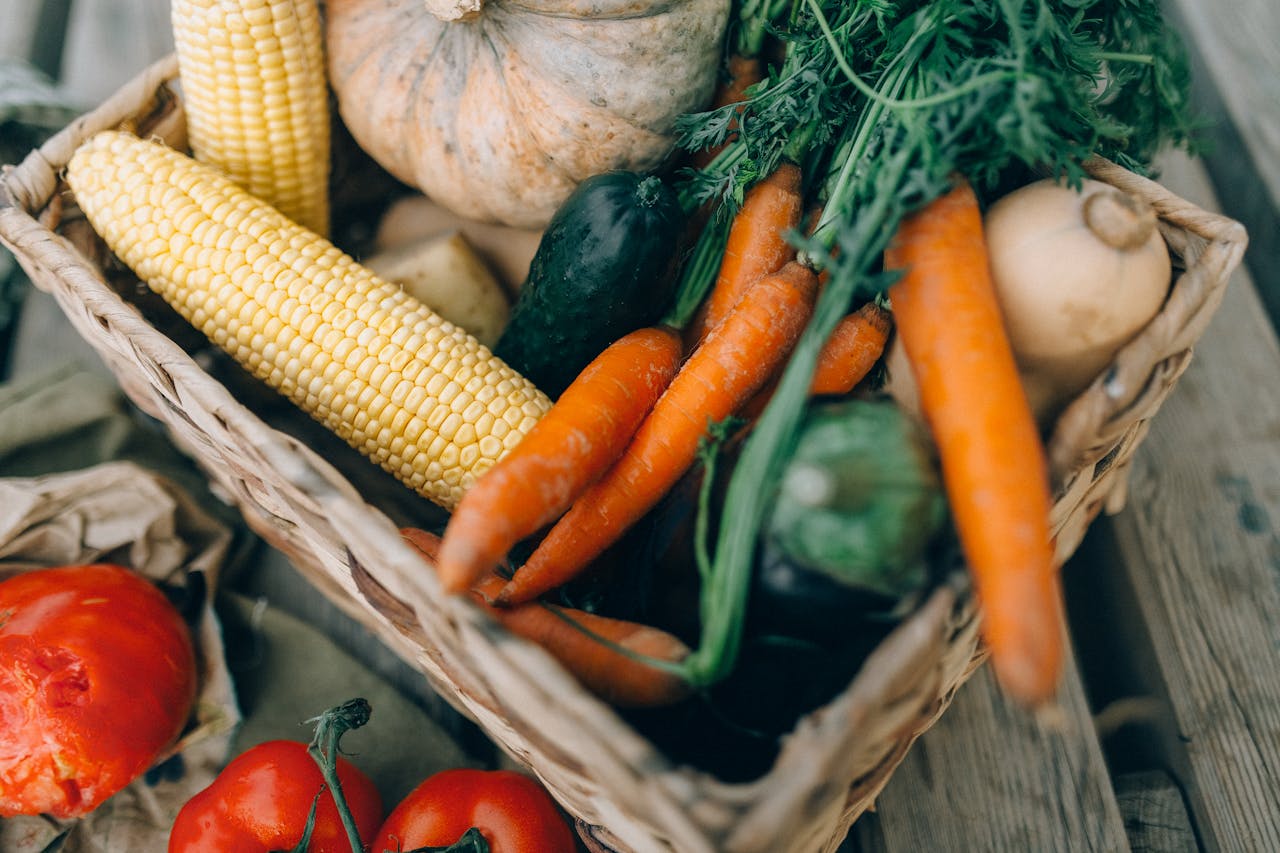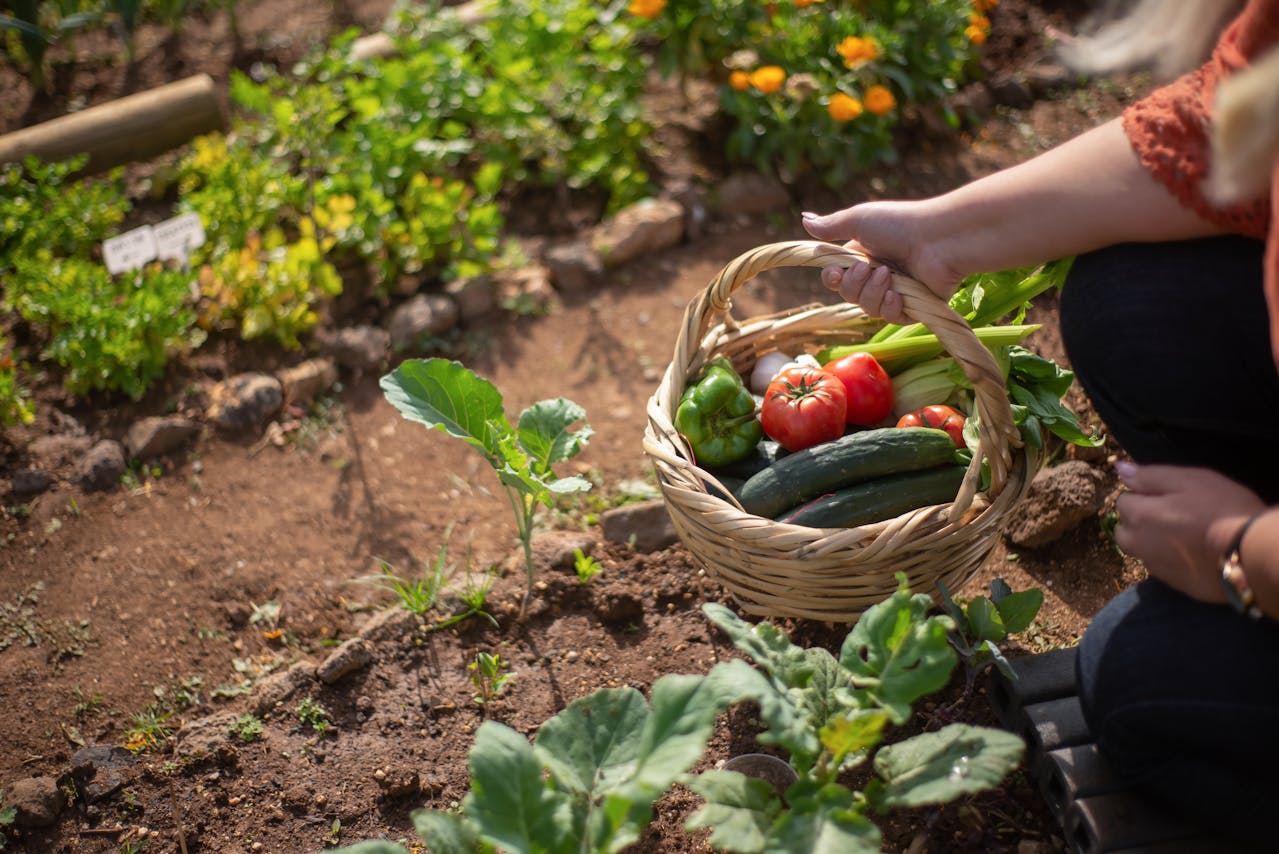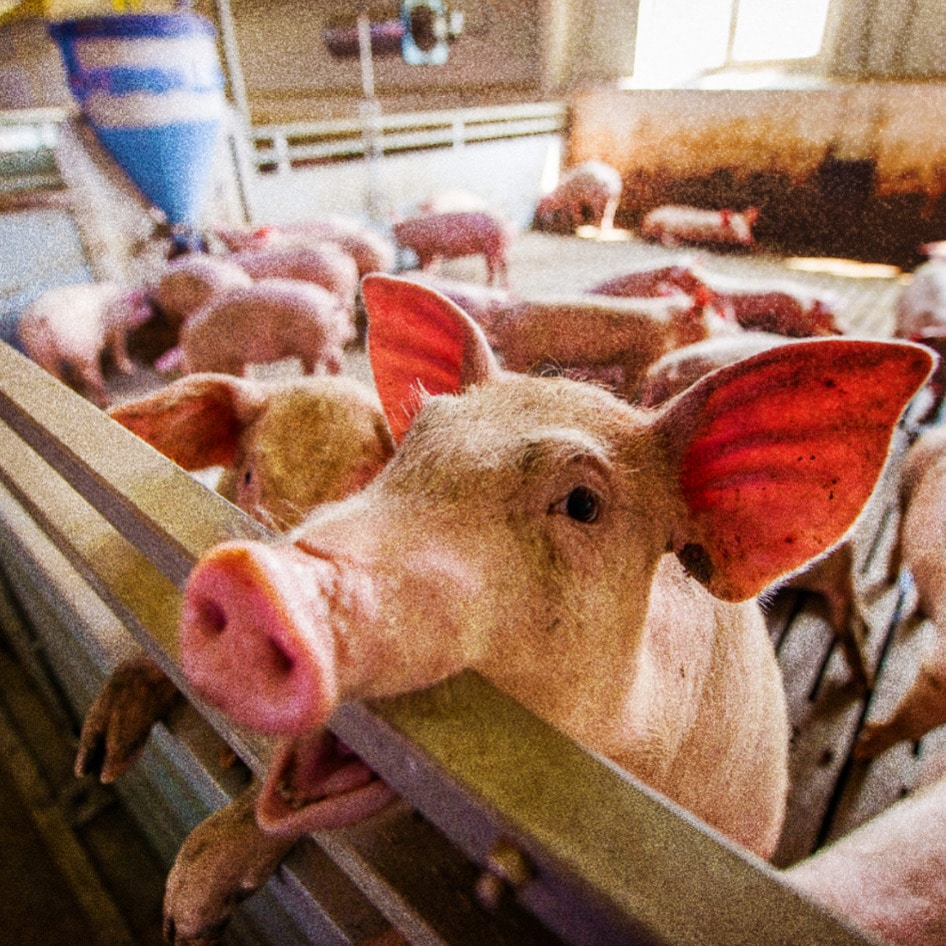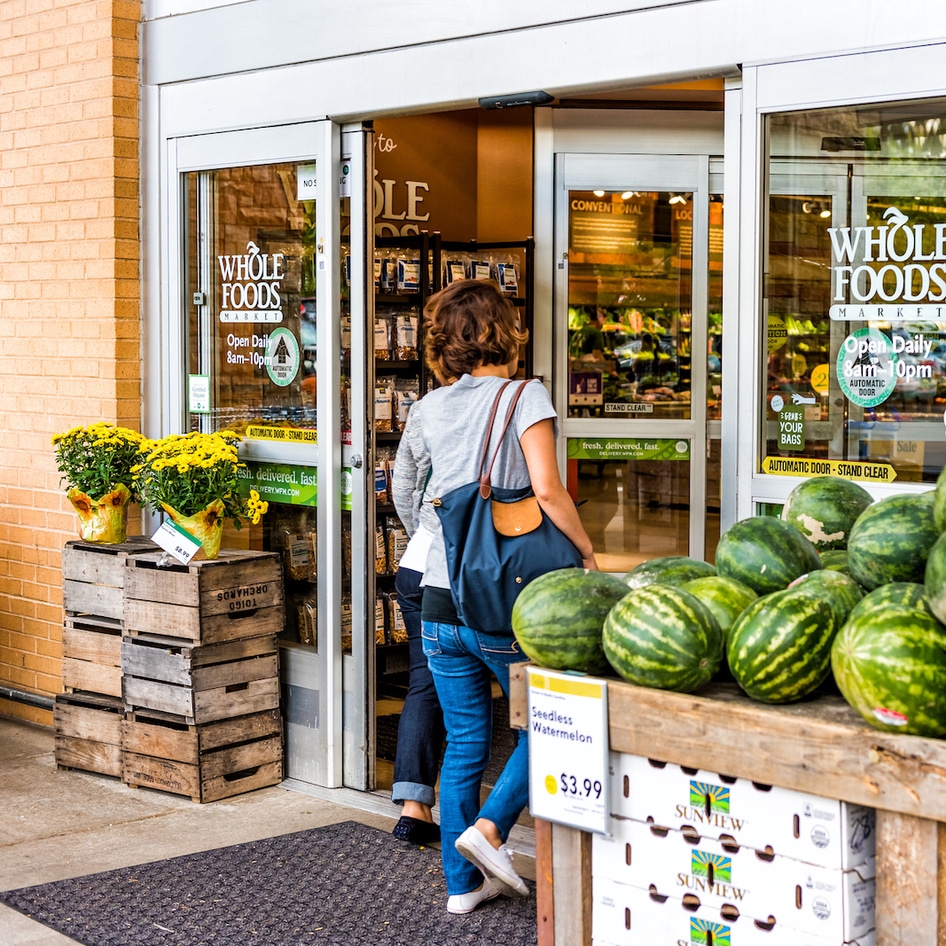The Second World War changed everything for British people, including the way they ate. Faced with shortages, they grew their own food, reduced waste, and made do with rations of meat, butter, and sugar. It was a radically different approach to eating, but an essential one for keeping the nation fed and nourished through the years of war.
Now, some experts argue that to avoid future crises, whether climate-related, economic, or public health-related, the UK needs to adopt that same mindset again.
 Pexels
Pexels
A new report from the Agri-Food for Net Zero (AFN) Network+, titled “The Roadmap for Resilience: A UK Food Plan for 2050,” was developed over three years with input from more than 150 scientists and industry professionals. It calls for urgent transformation across three key areas: climate-resilient farming, smarter land use, and healthier diets.
The report emphasizes the need to grow more fruit, vegetables, and whole grains in the UK, while expanding woodland, restoring peatlands, and making sustainable, nutritious food more affordable and accessible. Without these changes, crises are inevitable, experts warn.
“Through these three transformations we can reduce pressure on the NHS and help people lead healthier and more economically active lives,” said Neil Ward, co-lead of AFN Network+ and a professor at the University of East Anglia. “Nature will flourish, emissions will fall, and farming will be more resilient and secure for future generations.”
The need for global food reform
While the report focuses on the UK, its findings are relevant worldwide. Across the US and Europe, current food systems are unsustainable, both for the planet and for human health.
Recent research found that 90 percent of European doctors and dietitians believe meat consumption is too high across the continent. And in 2022, a study from the University of Bonn reported that in order for wealthy nations to meet their climate targets, meat consumption must drop by 75 percent.
 Pexels
Pexels
BECOME A VEGNEWS VIP: Get exclusive product deals, freebies, and perks galore!
Change must come quickly, the report warns. It calls on the government to work with farmers, food companies, and local authorities to implement these transformations.
“Pressures from climate change, global shocks and poor diets mean significant change to our food system is inevitable over the next 50 years,” said Ward. “However, if we act now, we still have time to shape our future and positively impact national security, national health, economic growth, and climate change.”
He added: “Our window to act is narrow though—if we do not, change will be forced on us by crisis.”
For more plant-based stories like this, read:
JUMP TO ... Latest News | Recipes | Guides | Health | Subscribe









